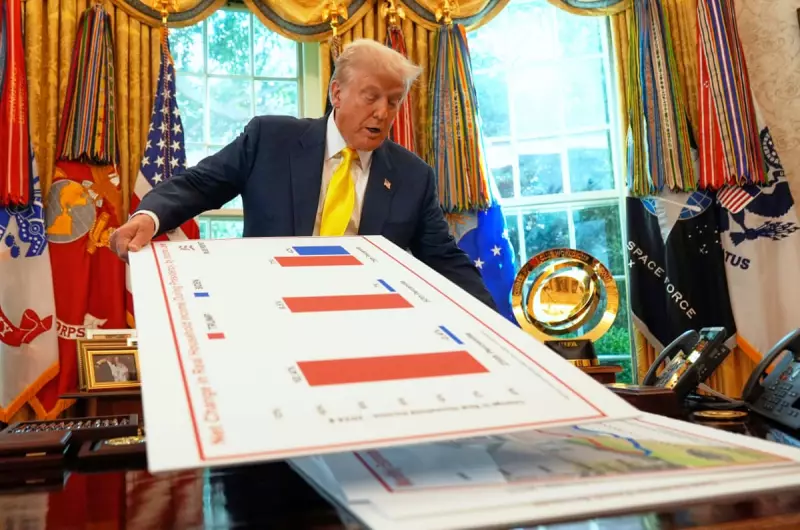
What if the political phenomenon that is Donald Trump has been fundamentally misunderstood? New analysis suggests we've been looking at his behaviour through the wrong lens entirely.
The Misdiagnosis of Political Strategy
Conventional wisdom has often attributed Trump's controversial statements and actions to calculated political strategy. However, emerging perspectives argue this interpretation misses the mark completely. Rather than strategic genius, experts point to patterns that reveal something far more fundamental about his psychological makeup.
Beyond Left and Right
The analysis transcends traditional political divides, suggesting that framing Trump's behaviour in partisan terms prevents us from understanding its true nature. This isn't about conservative versus liberal politics, but about deeper psychological drivers that operate outside conventional political frameworks.
The Core Patterns
Several consistent behavioural patterns emerge when examining Trump's public and private conduct:
- Immediate gratification over long-term planning
- Personal loyalty above institutional norms
- Narrative consistency despite factual contradictions
- Instinctive reaction versus considered response
Why Conventional Analysis Fails
Traditional political commentators often struggle to make sense of Trump's behaviour because they apply rational actor models to what may be fundamentally different psychological processes. The assumption that there's always strategic calculation behind his actions might be the very thing preventing accurate understanding.
A New Framework for Understanding
Rather than analysing each statement or policy position individually, the emerging view suggests we should examine the underlying psychological patterns that generate them. This approach reveals consistency where others see chaos, and logic where others perceive randomness.
The implications of this perspective extend far beyond one political figure. It challenges how we analyse leadership, political communication, and the very nature of modern political power.





